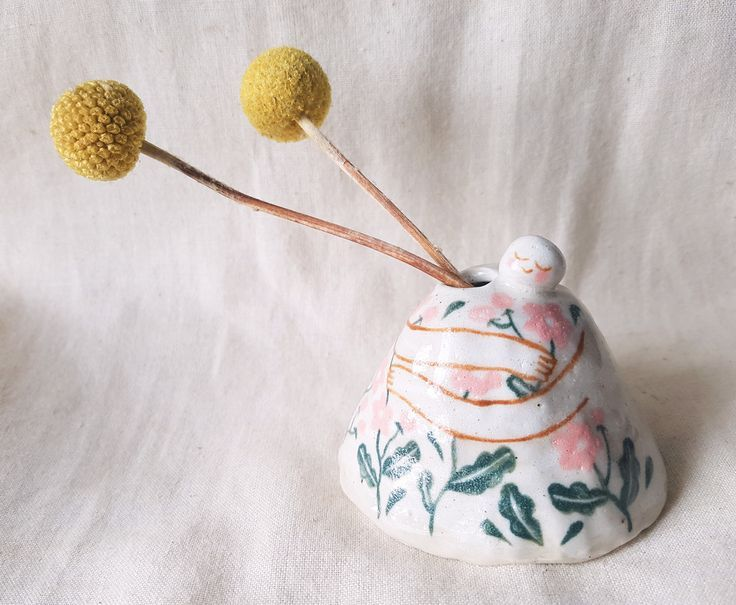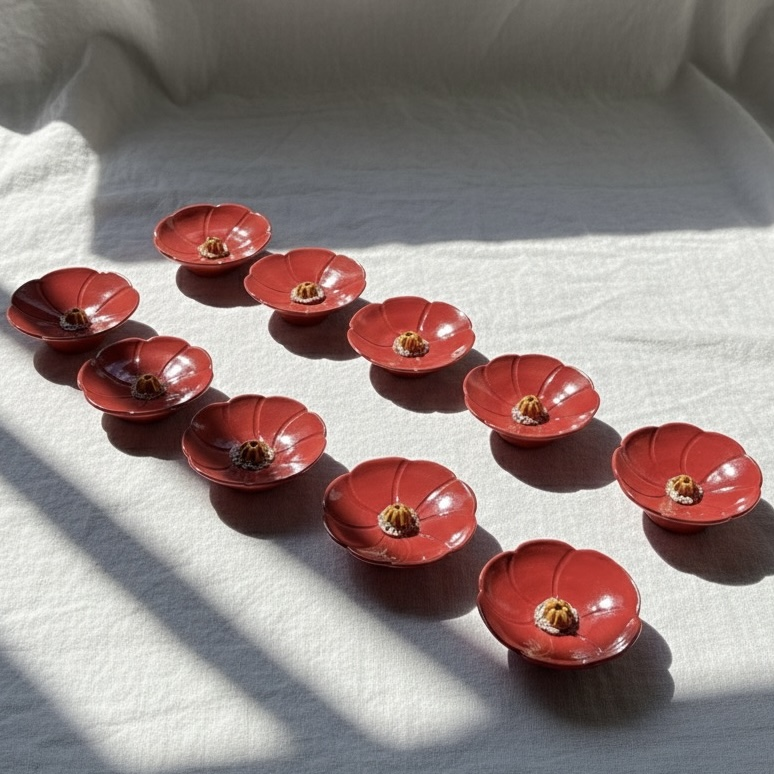The Art of Clay: A Complete Guide to Choosing and Caring for Handcrafted Pottery
Nov 06, 2025
Home & Decor

There's something magical about holding a handcrafted clay item—each piece tells a story of tradition, skill, and artistic vision. Whether you're building your first pottery collection or adding to an existing one, understanding the nuances of clay craftsmanship will help you make informed choices and appreciate the artistry behind every piece.
Understanding Different Clay Types
Terracotta - The classic reddish-brown pottery known for its porous nature and rustic appeal. Perfect for plant pots and decorative items, terracotta develops a beautiful patina over time.
Stoneware - Dense, durable, and non-porous when properly fired. Ideal for everyday use items like dinnerware and mugs that need to withstand regular use.
Porcelain - The finest and most delicate clay type, known for its white color and translucent quality when thin. Perfect for elegant tableware and decorative pieces.
Earthenware - Porous clay that requires glazing to hold liquids. Offers vibrant glaze colors and is excellent for decorative items.
Choosing Pieces for Different Spaces
Kitchen Essentials
Mugs and Cups: Look for comfortable handles and lip-friendly rims
Dinner Plates: Consider weight and balance—heavier pieces feel more substantial
Bowls: Check for stable bases and smooth interiors
Utensil Holders: Prioritize functionality and easy cleaning
Home Decor
Vases: Consider proportion to your flowers and room size
Sculptural Pieces: Choose items that complement your existing decor style
Wall Plaques: Look for pieces with proper hanging mechanisms
Gardening & Outdoor
Planters: Ensure proper drainage holes and weather resistance
Bird Baths: Check for stability and water-tight seals
The Firing Process: What Makes Quality Pottery
Understanding firing techniques helps you appreciate the value of your pieces:
Bisque Firing: The first firing that hardens the clay but leaves it porous
Glaze Firing: The second firing that melts the glaze onto the surface
Raku Firing: A special technique creating unique metallic and crackled effects
Care and Maintenance Tips
Cleaning
Hand wash with mild soap and warm water
Avoid abrasive cleaners that can scratch glazes
Dry thoroughly to prevent water spots
Storage
Stack pieces with felt protectors between them
Store in temperature-stable environments
Avoid sudden temperature changes
Display Considerations
Rotate pieces exposed to direct sunlight to prevent fading
Use museum putty for valuable pieces on shelves
Group items by colour or style for visual impact
Supporting Artisans and Sustainable Choices
When you choose handcrafted clay items, you're not just buying decor—you're supporting:
Traditional craftsmanship techniques
Sustainable, natural materials
Local artisans and small businesses
Cultural heritage preservation
Building Your Collection
Start with functional pieces you'll use daily, then expand to decorative items that speak to your personal style. Remember that the best collections evolve over time, with each piece holding special meaning and memories.
Recent Posts
The Journey of the Camellia
Nov 07, 2025
Home & Decor
The Art of Clay: A Complete Guide to Choosing and Caring for Handcrafted Pottery
Nov 06, 2025
Home & Decor

